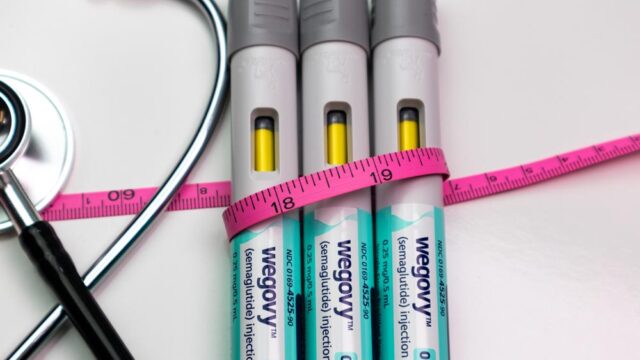Advertisment
Syringe lubricants – a little-known aspect of injection preparation

Plastic syringes that are widely-used for administration of medications, require lubrication with silicone oil in order to work smoothly. However, silicone oil can migrate into the drug solution and has the potential to interact with therapeutic proteins, altering their structure or stability. In this series of short videos, hospital pharmacist and pharmaceutical technologist, Dr Philip Chennell (Pharmacy Quality Control and Development Laboratory, Clermont-Ferrand University Hospital) describes this phenomenon and its implications.
Why syringe type matters for intravitreal injections
At the GERPAC congress 2024 (held in October 2024) Dr Chennell described a study that evaluated of two types of syringes for bevacizumab solutions for intravitreal administration. The thinking behind the study was that bevacizumab, a monoclonal antibody, could be altered or destabilised by contact with silicone oil in the syringe.
How the syringe lubricant interacts with the drug inside it
Dr Chennell’s study compared the stability of bevacizumab injection in two different types of syringe – conventional polypropylene syringes, lubricated with silicone oil and syringes that had (non-extractable) cross-linked silicone on the internal surface of the barrel of the syringes. The results showed that fewer bevacizumab particles were formed and the drug appeared to retain its initial physical characteristics in the cross-linked silicone syringes compared with the polypropylene syringes.
Why ready-to-administer syringes improve clinical care
The provision of ready-to-administer bevacizumab in syringes reduces the risks of altering or destabilising the monoclonal antibody during the preparation process and saves time in the administration process.
Unfortunately, cross-linked silicone syringes of the type used in the study are not yet available to hospital pharmacists in France in suitable packs and Dr Chennell is trying to find alternative syringe manufacturers who might be able to provide suitable products.
About Philip Chennell
Philip Chennell is a pharmacist, at the University Hospital of Clermont-Ferrand. He is currently in charge of the Quality Control and Development Laboratory of the hospital’s pharmacy. He is also Assistant Professor at the University Clermont Auvergne and a member of the Materials for Health Research Team, focusing on medical devices and content/container Interactions.
Read and watch the full series on our website or on YouTube.






